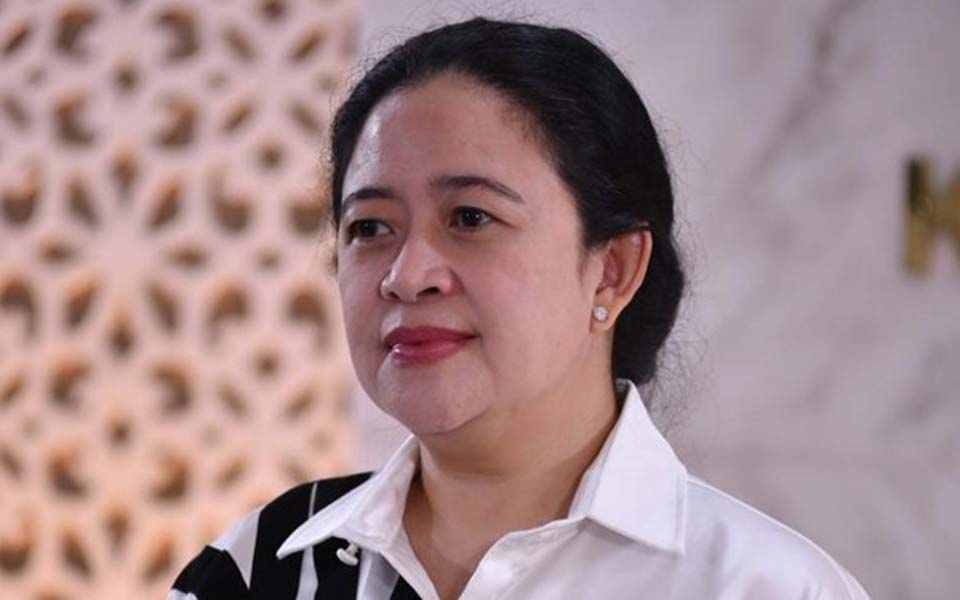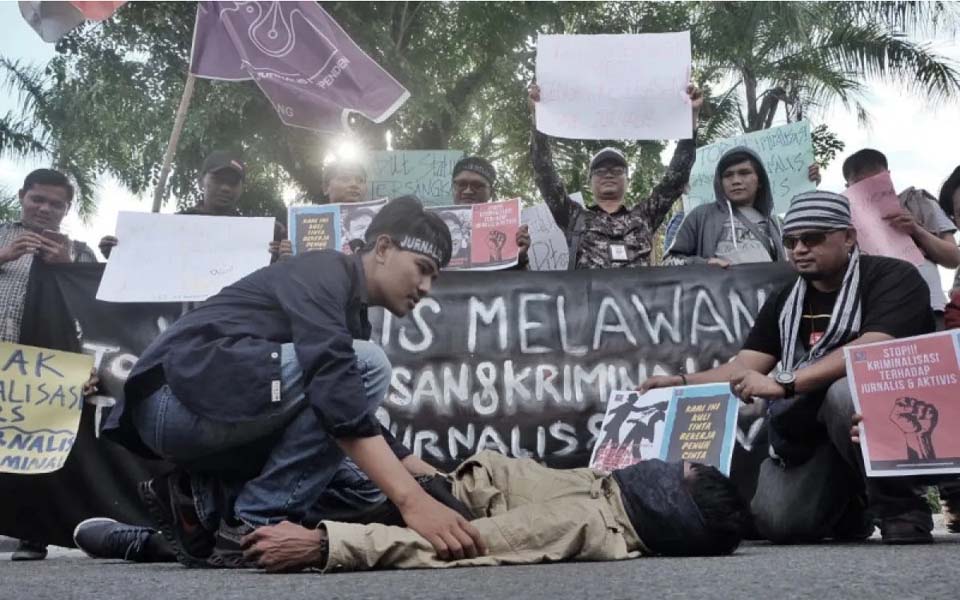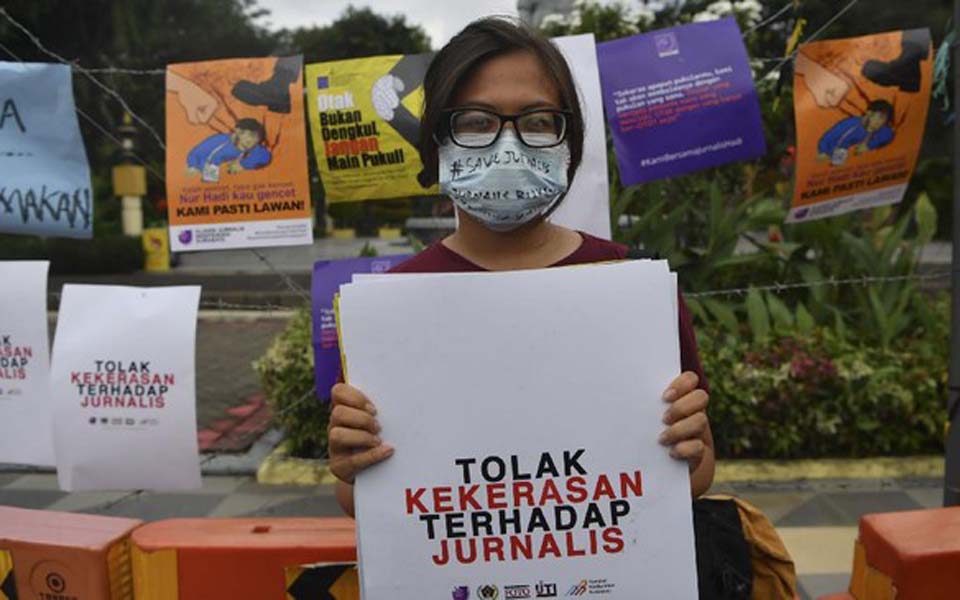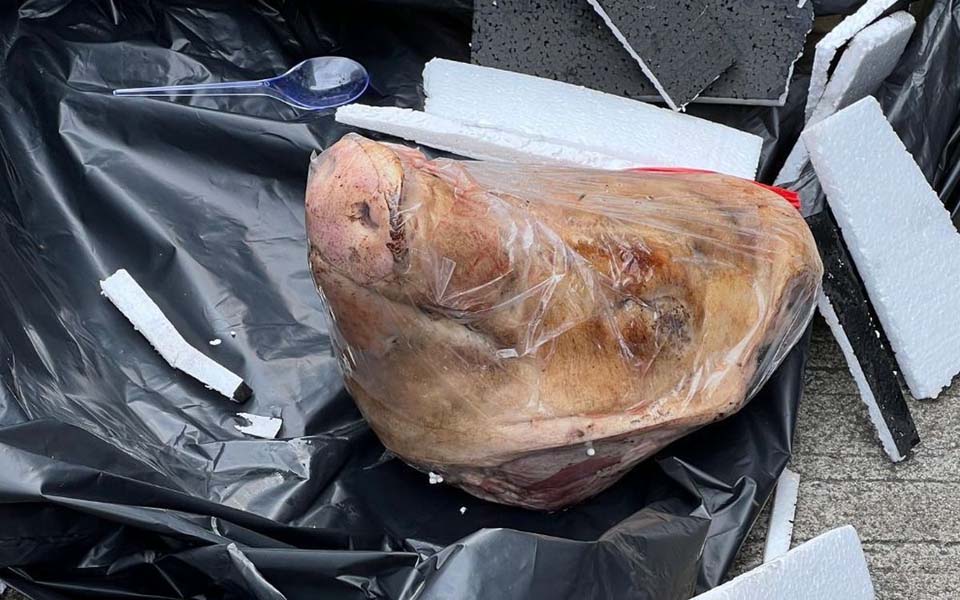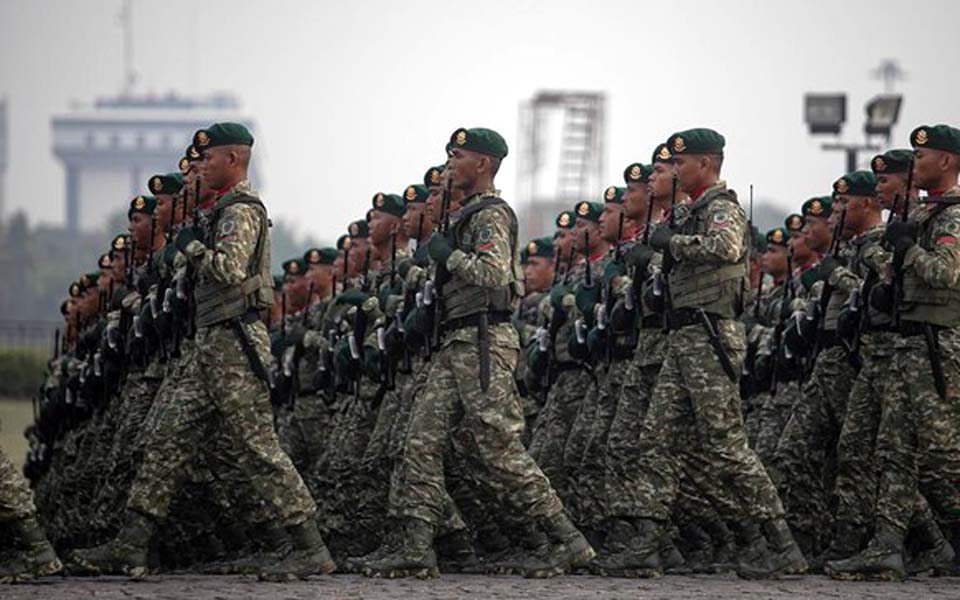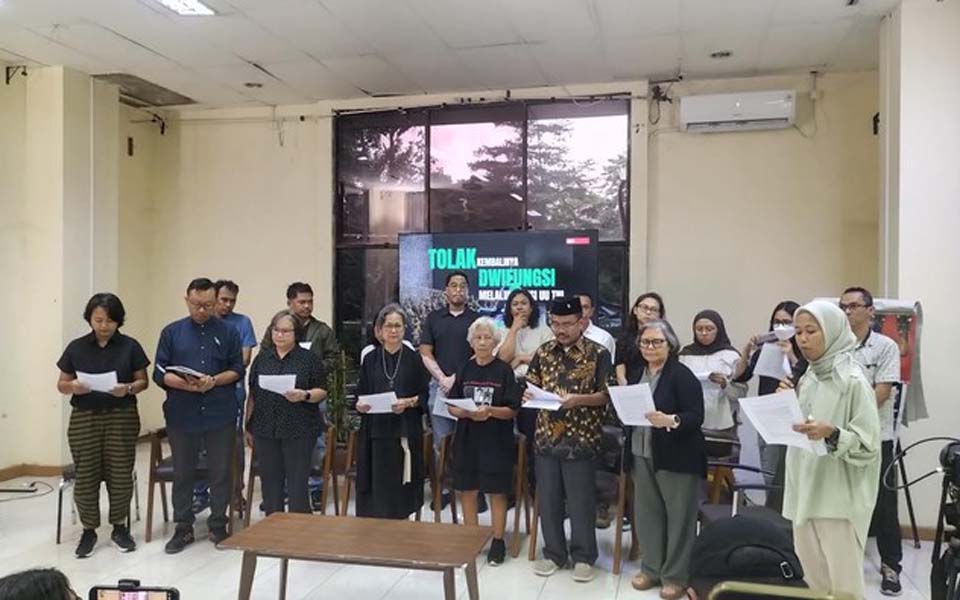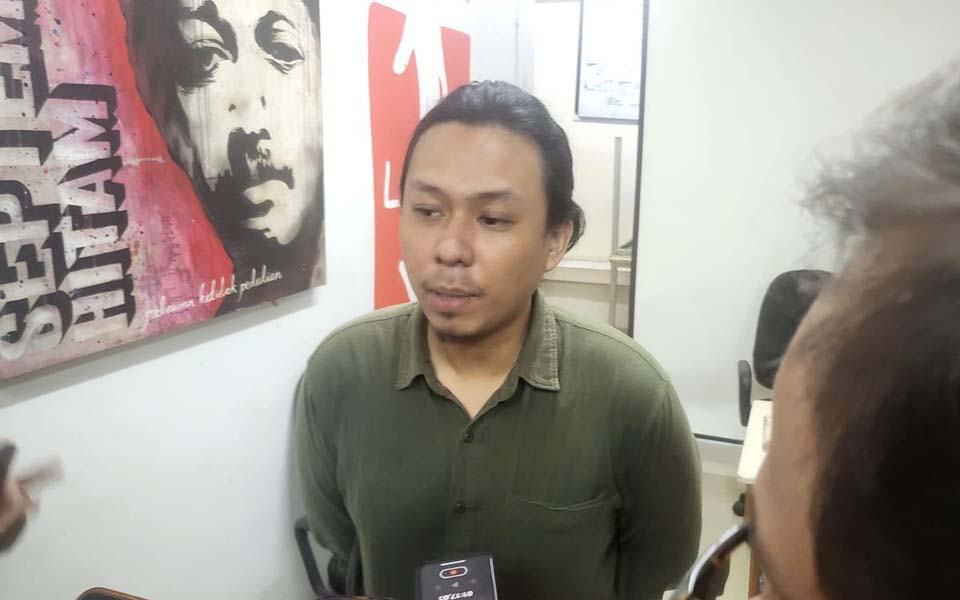Jakarta – A number of journalists and media activists calling themselves the "Coalition of Journalists, Student Press and Pro-Democracy Organisations Rejecting the Broadcasting Bill" held a demonstration in front of the House of Representatives (DPR) building in Jakarta on Monday May 27.
Rejecting revisions to the Broadcasting Law, the journalists brought banners and posters with messages such as "Support press freedom, rejecting the revised Broadcasting Law", "The draft Broadcasting Law will make corruption more reckless" and 'If investigative journalism is castrated, democracy is dead".
They also placed press identity cards and cameras on the ground as a form of opposition to the bill.
In a speech, Alliance of Independent Journalists (AJI) Secretary General Bayu Wardhana emphasised that the Broadcasting Bill represents a threat to the press because it will castrate the press freedom.
"We should also see that there is a larger scenario when before this bill there were revisions to the Constitutional Court [Law]. If we look there are four pillars of democracy, the legislature has been stripped, the judiciary has been stripped, and now the press will be stripped. This is a larger scenario friends", said Wardhana.
Wardhana said that protests opposing the Broadcasting Bill were not just held in Jakarta, but simultaneously in other cities in Indonesia.
He explained that the Broadcasting Bill will weaken civil society and democracy and that not only would media journalists be affected by the bill, but also the content of social media creators.
Wardhana highlighted the articles that give the Indonesian Broadcasting Commission (KPI) the authority to deal with press disputes. Yet, up until now press disputes has been resolved by the Press Council based on Law Number 40/1999 on the Press.
"So the KPI can come in and take down content friends", he said.
In a statement, the journalists asserted that they reject the articles in the draft law that give excessive authority to the government to control broadcast content.
These provisions are considered to have the potential to be used to sensor and hinder the delivery of objective and critical information.
They also reject the articles stipulating severe sanctions for administrative violations. For them, these sanctions are disproportionate and will stop journalists from carrying out their work.
"Immediately cancel all the problematic articles in the revision to the Broadcasting Law", they said.
The Press Council has also declared its opposition to the Broadcasting Bill saying that it is the umpteenth time that the government has tried to curb press freedom. (rzr/tsa)
[Translated by James Balowski. The original title of the article was "Jurnalis Demo Depan DPR Tolak RUU Penyiaran: Pers Akan Dipreteli".]






